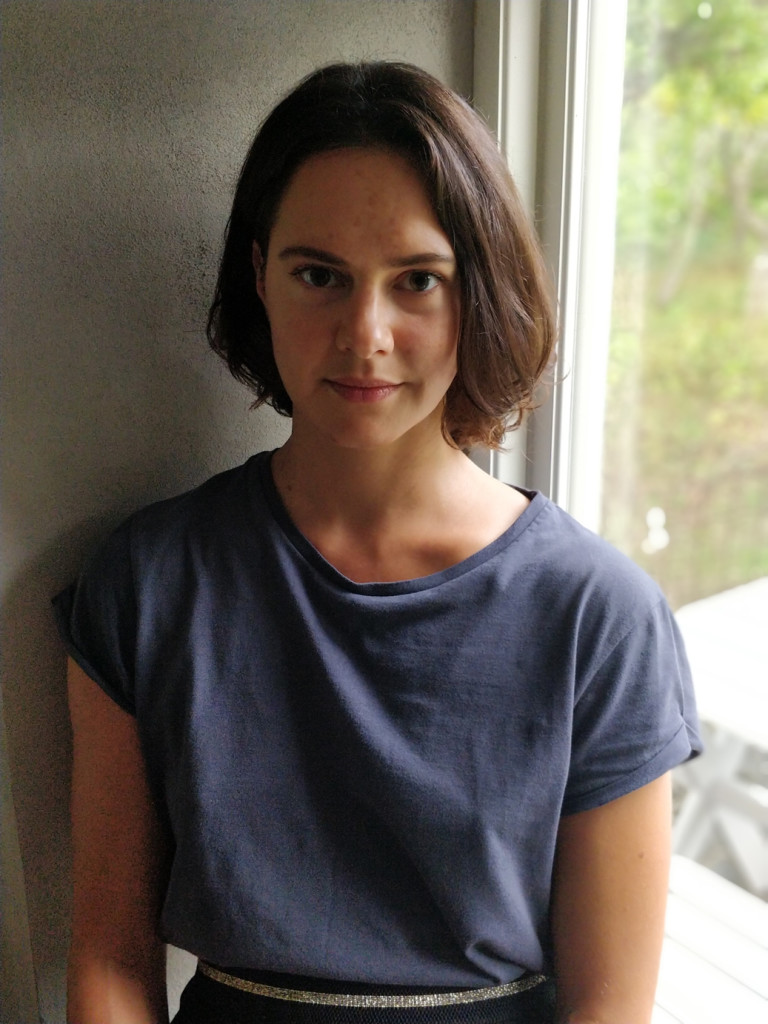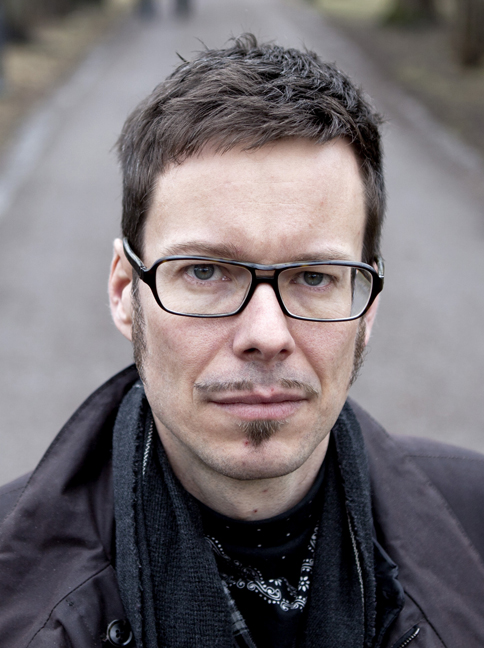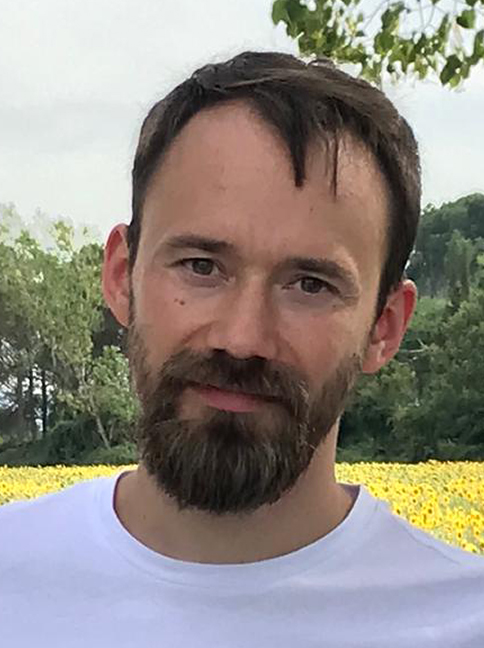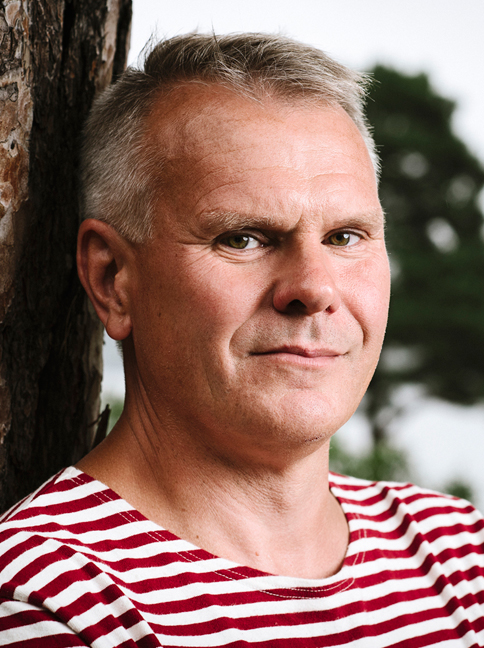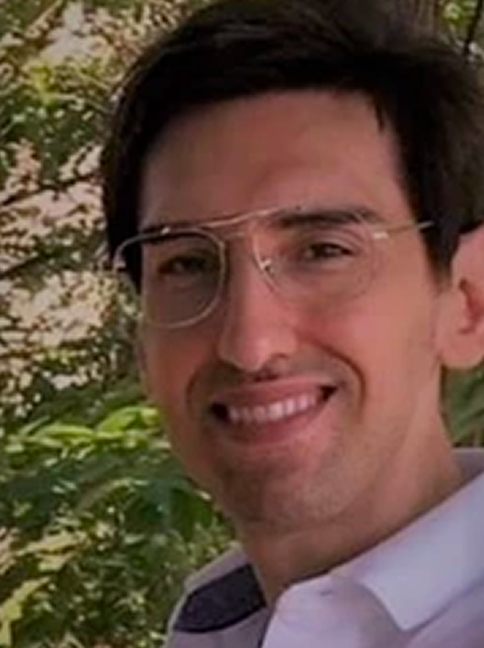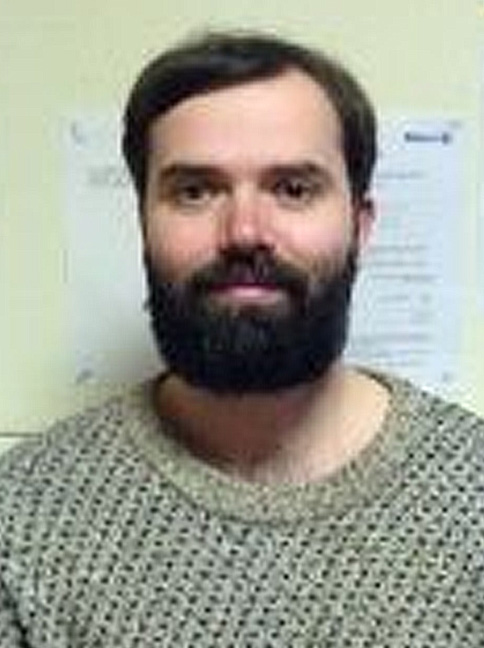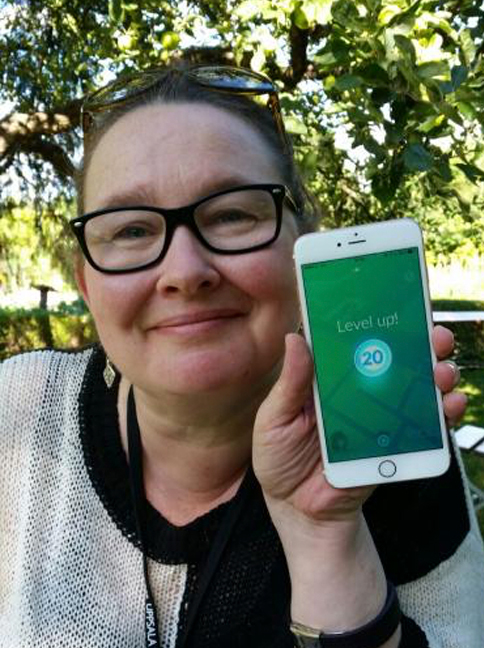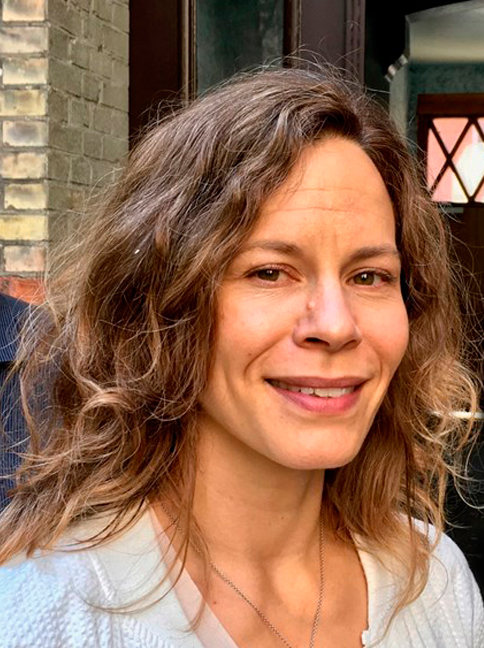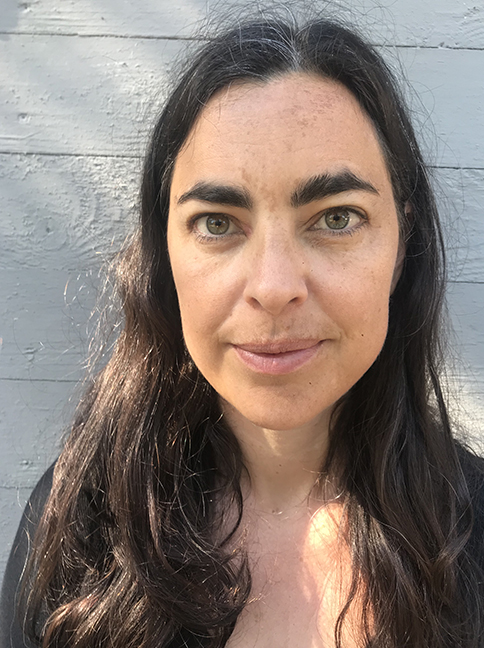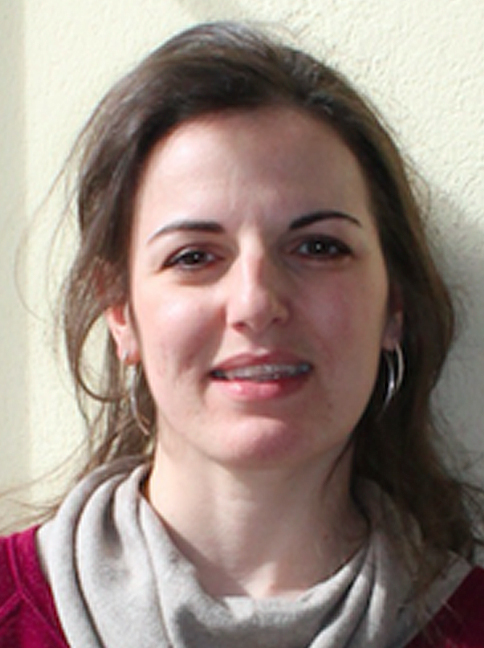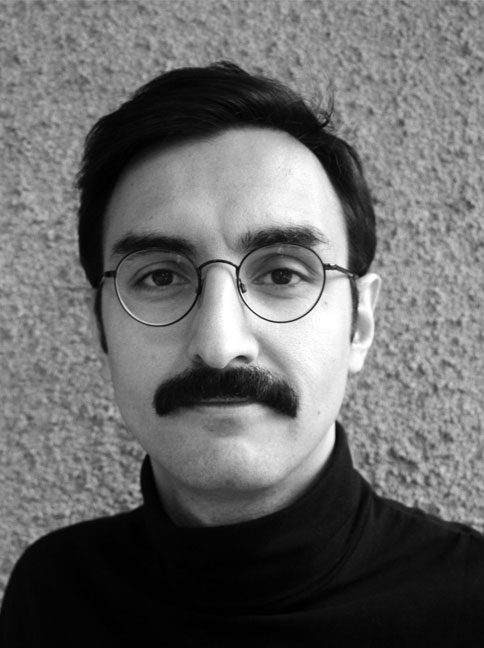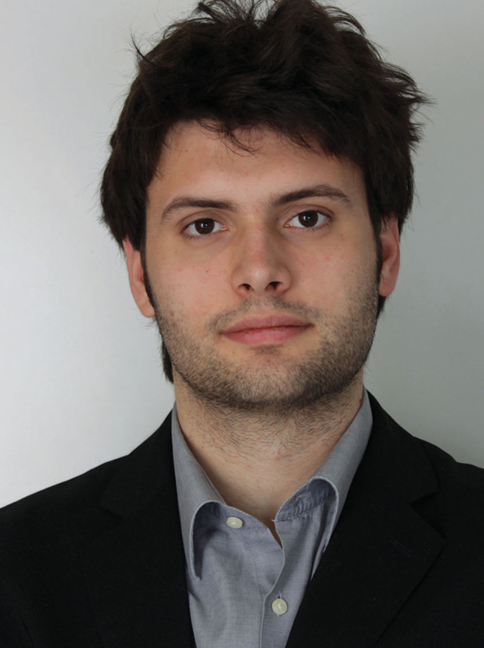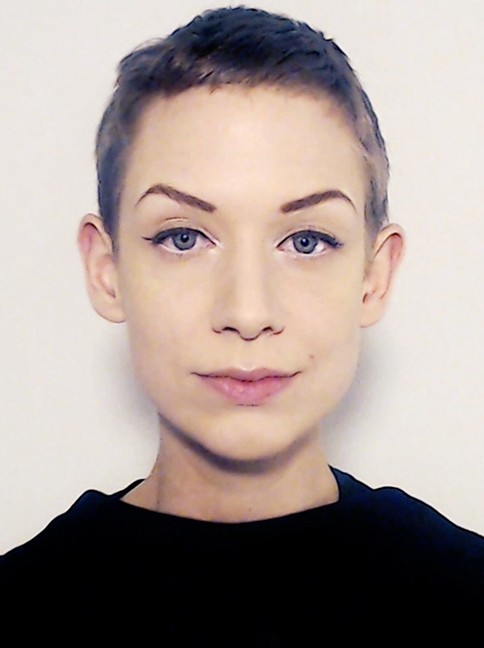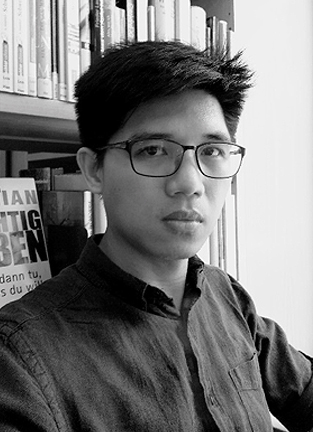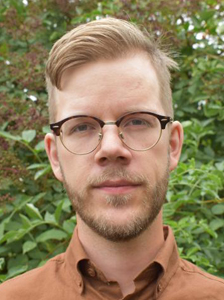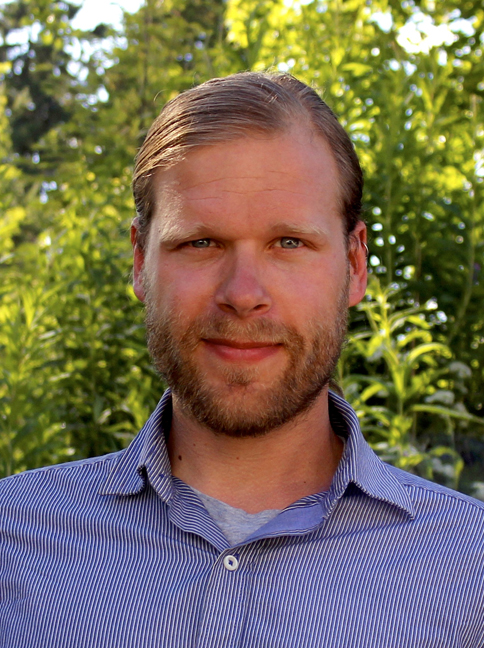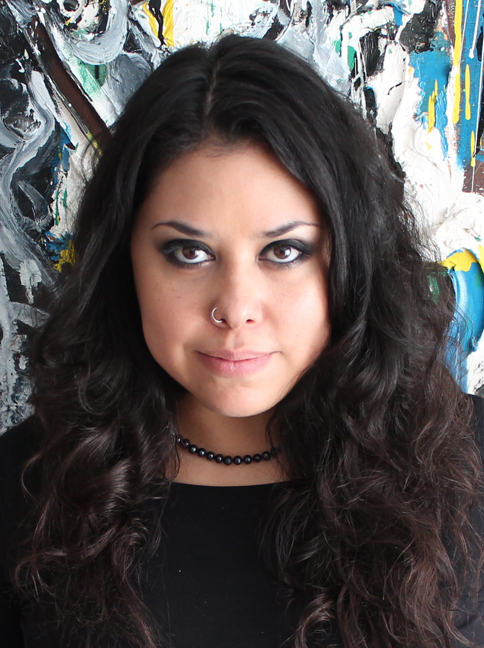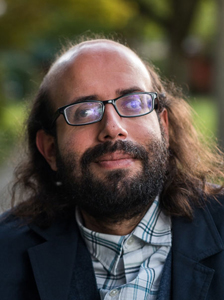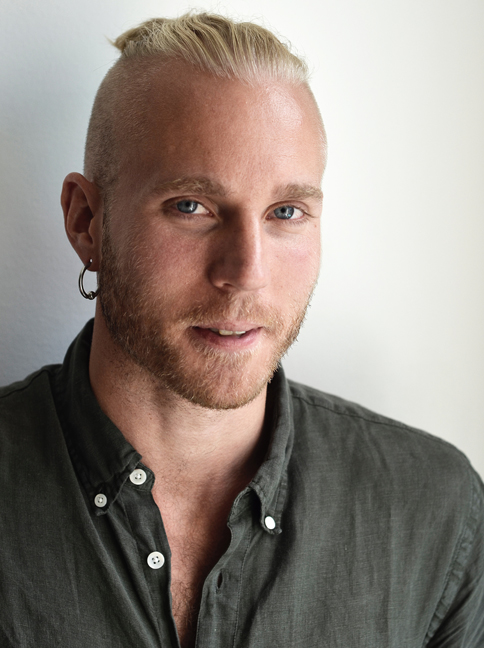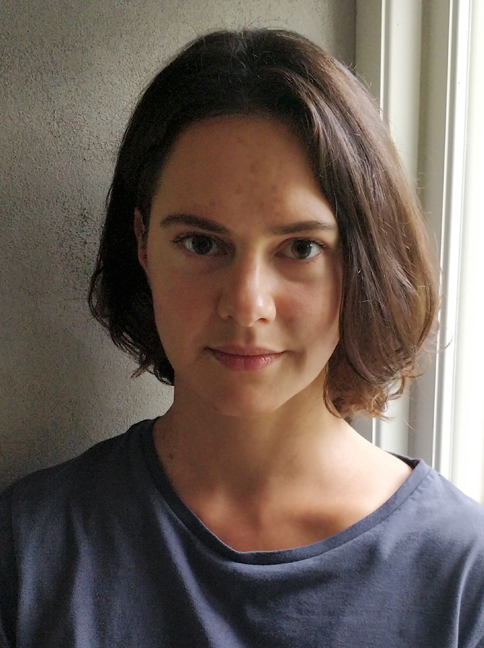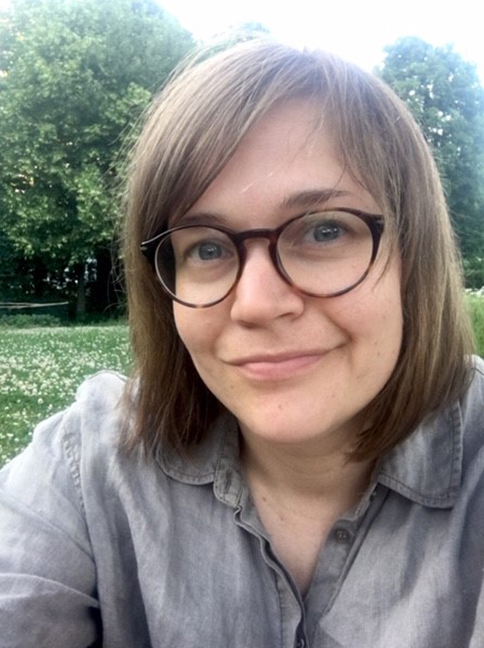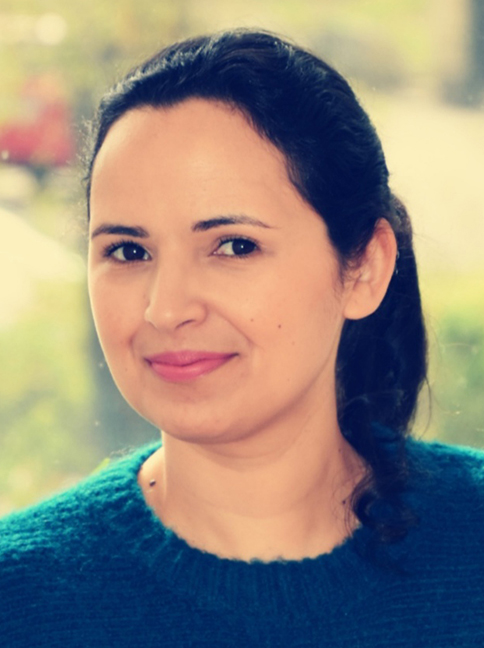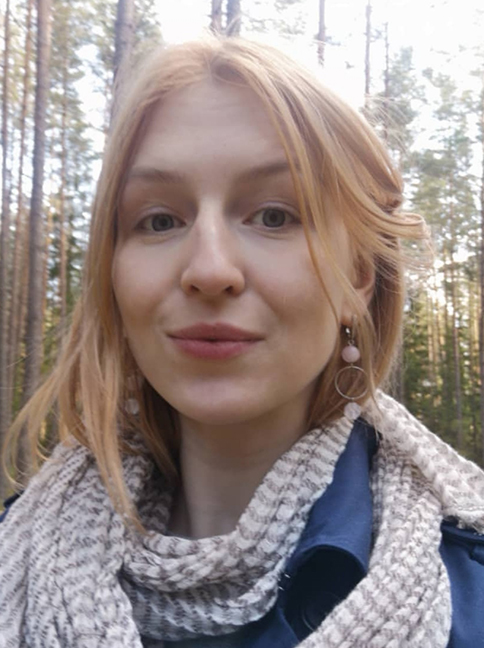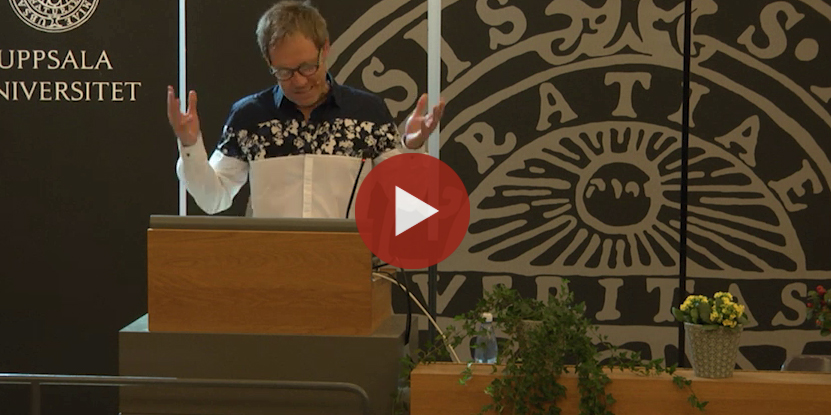ABSTRACT In 1967, an array of prominent intellectuals, artists, politicians, and activists from across the world came together to investigate the ongoing war in Vietnam. Modelled on the post-Second World War Nuremberg trial but with no official mandate or legitimacy, the Russell Tribunal appropriated the form and language of international law to document, judge, and dramatically publicize American actions in Vietnam. The Russell Tribunal’s immediate aim was to incite mass resistance against the war and thus exert political pressure on Washington. The ultimate aim was to stop the war and advance national self-determination in Vietnam and elsewhere. To achieve these ends Tribunal organizers assembled a diverse plurality of witnesses who gave testimony at public sessions in Scandinavia. Although the Russell Tribunal pioneered new protest tactics and generated a vast body of testimonial evidence, it is largely overlooked in antiwar movement research and in witness studies. When mentioned, the Tribunal is often described as a failure, while its witness testimony has remained unexamined.
This dissertation reconsiders the Russell Tribunal’s impact and legacy by delving into its witnessing practices. It analyzes how witnessing was deployed as a form of antiwar knowledge production and as a political device for anti-imperial resistance, and shows how tactics and tools now often associated with human rights work emerged in a wholly different ideological framework – one in which freedom and rights, violence and complicity, harm and victimhood were conceived in a collective register. The dissertation also proposes that the Russell Tribunal’s often contradictory rhetoric and practices stemmed not from its mixing of the political and the legal, as scholars have previously suggested, but from its simultaneous pursuit of mainstream legitimacy and radical clout, leading to a tension between respectable and revolutionary tenors that pervaded all Tribunal activities.
The dissertation identifies four main witness categories to testify before the Russell Tribunal: experts, on-site investigators, perpetrators, and victims. It unpacks their functions and effects at Tribunal hearings while also tracing their histories and logics in war crimes trials, political activism, transitional justice initiatives, and human rights work across the global twentieth century. In so doing, the dissertation sheds light on why, how, and to what effect different types of witnesses are deployed in response to mass violence – whether to prosecute war criminals, counter state narratives, or mobilize resistance to war, atrocity, and injustice.
Leyla Belle Drake defended her thesis on September 27, 2024
Contact: leyla.belle.drake@idehist.uu.se

